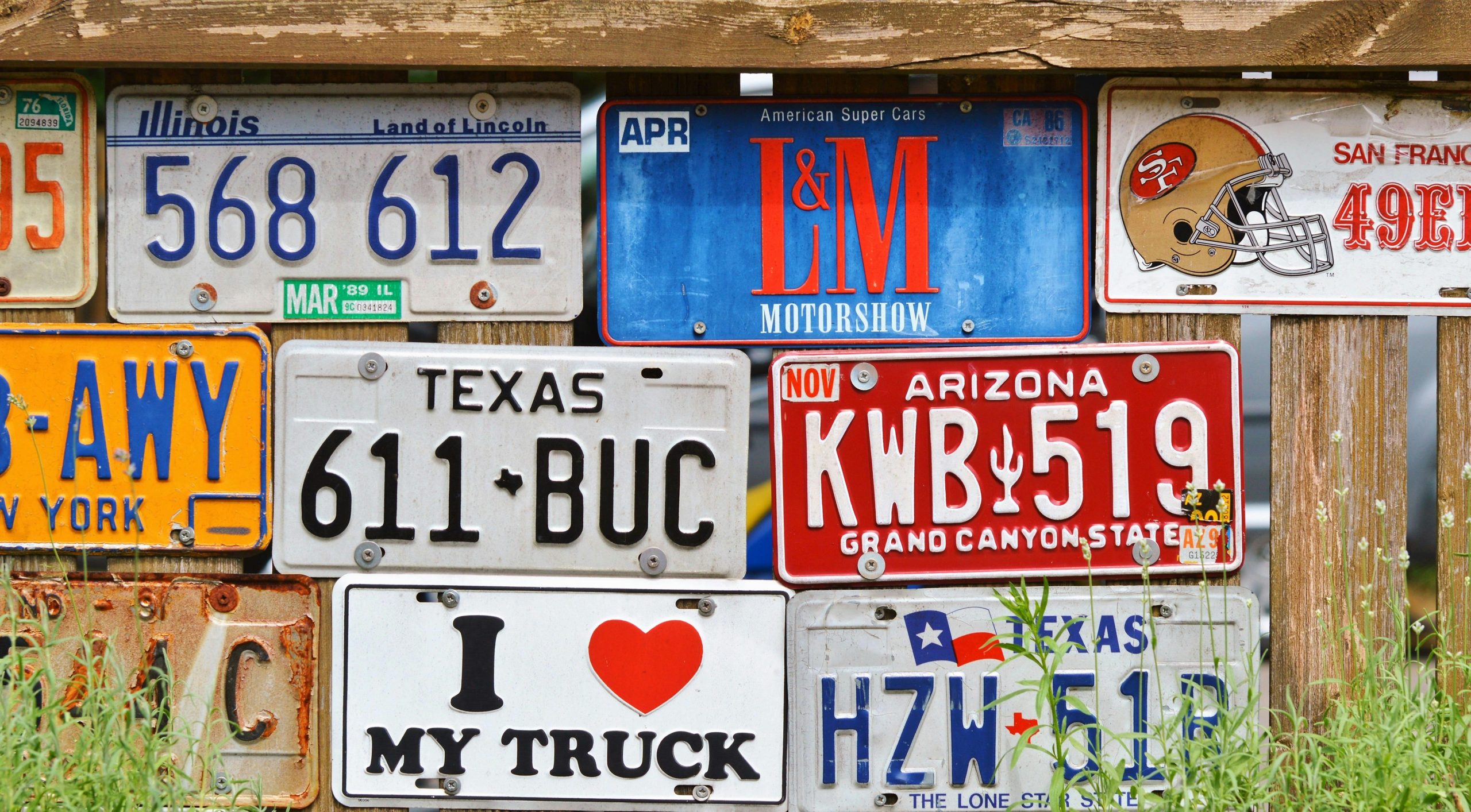Legal Options for Driving Uninsured Family Vehicles: A Guide
Navigating the complexities of driving a family member’s vehicle without insurance can be challenging, especially when trying to remain within legal boundaries. If you find yourself in a situation similar to handling an uninsured vehicle registered out-of-state, it’s important to understand your options and the legal considerations involved.
Understanding the Context
Imagine living in California, where your mother—whose legal power of attorney you hold—owns a vehicle registered in Colorado. The vehicle is not insured, and you lack the title documentation necessary for sale or transfer. You are currently attempting to obtain a replacement title from the Colorado DMV to facilitate a sale, but bureaucratic delays are making it difficult. Meanwhile, there’s a need to occasionally move the vehicle without resorting to towing services.
Possible Legal Pathways
- Non-Owner Auto Insurance Policies
Non-owner auto insurance is designed for individuals who occasionally drive vehicles they do not own. However, these policies typically have restrictions and may not cover driving a vehicle that you own or are financially responsible for. It’s important to verify whether such policies can extend coverage to your specific situation.
- Utilizing Power of Attorney
Having legal authority over your mother’s vehicle through a power of attorney does not inherently confer insurance coverage or the legal right to drive the vehicle without proper insurance. Insurance policies generally specify who is covered, and ownership or legal authority alone does not override these terms.
- Temporary or Short-Term Coverage Options
Some insurance providers offer temporary or day-to-day coverage that could allow you to drive the vehicle legally. While standard policies may not cover non-owner drivers in this context, specialized policies might be available, depending on the insurer’s policies and your circumstances.
- Legal Consultation and Alternative Solutions
Given the complex nature of vehicle registration, ownership, and insurance law—especially across state lines—it’s prudent to consult with a legal professional experienced in transportation law. They can offer guidance tailored to your specific situation and suggest any legal loopholes or strategies that ensure compliance.
Practical Recommendations
- Contact Local DMV or Department of Transportation: Inquire about legal ways to operate an unregistered or uninsured vehicle temporarily, especially if you have a valid reason such as moving or maintenance.
- Explore Insurance Alternatives: Speak directly with insurers about your unique situation. Some companies may offer flexible solutions or endorsements that could cover occasional driving of out-of-state registered vehicles.
- **Consider Towing as a Last Resort



